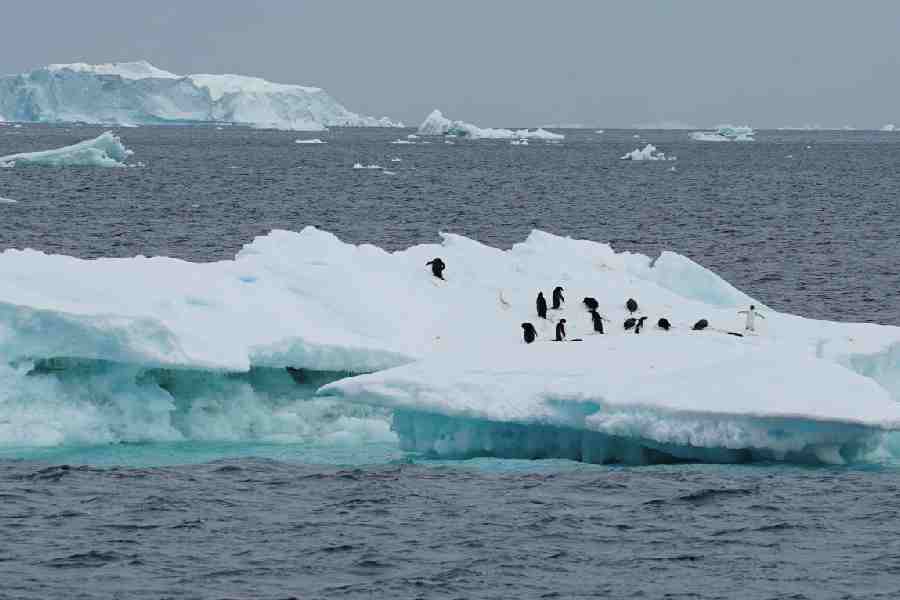Carbon dioxide signatures in Antarctic ice suggest that human-caused global warming has already breached the 1.5°C limit over temperature levels in the 1700s, widely viewed as critical to avert the most devastating impacts of climate change.
A study released on Monday by two UK climate researchers has indicated that the human-induced average global temperature rise had reached 1.49°C by the end of 2023 and 1.53°C over the temperature levels in the 1700s.
Their findings emerged on a day scientists, policy-makers and government officials from over 190 countries began the 29th annual UN climate conference in Baku, Azerbaijan, to take stock of efforts to keep global temperatures increasing beyond 1.5°C.
The World Meteorological Organisation (WMO) said on Monday that the January-September 2024 global mean surface air temperature was 1.54°C, above the industrial average, boosted by a warming El Nino, a natural phenomenon marked by slightly elevated Pacific Ocean sea surface temperatures.
In their new study, Andrew Jarvis at the University of Lancaster and Piers Forster at the University of Leeds reassessed the relationship between atmospheric carbon dioxide levels and surface temperatures using carbon dioxide signatures in Antarctic ice cores.
“This method radically improves the certainty with which we can estimate human-induced warming,” Jarvis, a scientist at the Lancaster Environment Centre, said. “We have provided a new scientific way to measure warming that significantly improves over current practice.”
Under the Paris climate pact that emerged in 2015, countries are seeking to lower emissions of Earth-warming greenhouse gases to keep the average global temperature rise below 1.5°C. However, the Paris pact assumes the 1850-1900 period as the baseline, not the 1700s.
“Our estimate of the Paris relevant human-caused warming was 1.31°C in 2023 and 1.35°C at present, meaning we will pass 1.5°C within 10 years,” Forster, professor of climate physics at the University of Leeds, told The Telegraph.
“The negotiations at the conference need to stop us hurtling past 1.5°C to even hotter climates and their devastating impacts. The physics of climate change is not waiting around for geopolitics to sort itself out, so nations need to work together.”
A WMO report released on the first day of the Baku conference highlights that the ambitions of the Paris pact are in great peril.
“As monthly and annual warming temporarily surpass 1.5°C, it is important to emphasise that this does not mean that we have failed to meet the Paris agreement goal to keep the long-term global average surface temperature to well below 2°C above pre-industrial levels and pursue efforts to limit the warming to 1.5°C,” WMO secretary-general Celeste Saulo said in a statement.
She said it was essential to recognise that every fraction of a degree of warming mattered. “The record-breaking rainfall and flooding, intensifying tropical cyclones, deadly heat, relentless drought and raging wildfires we have seen in different parts of the world are our new reality and a foretaste of the future,” Saulo said.











